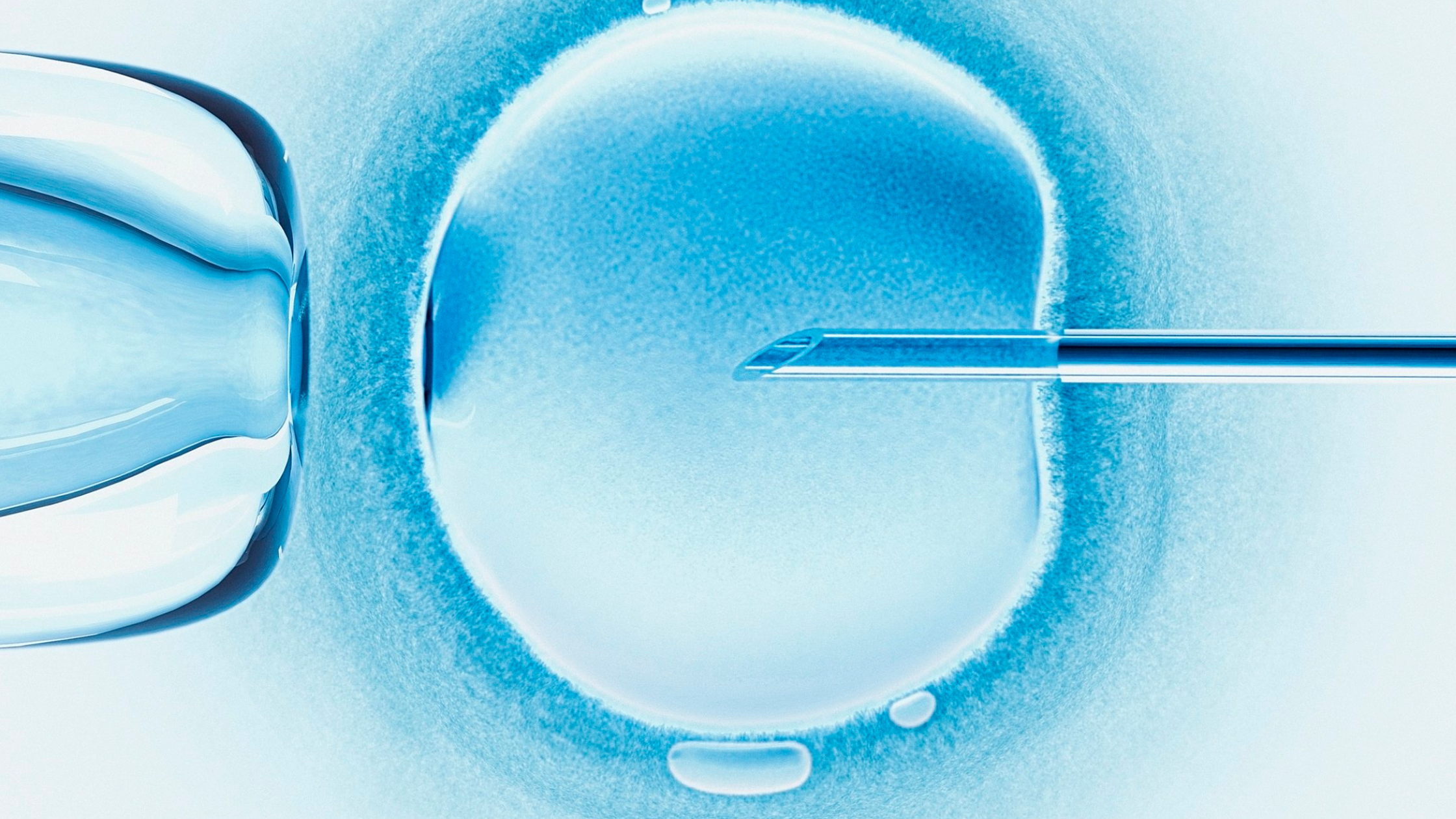Exploring the Benefits of In Vitro Fertilization

Discover the advantages of utilizing in vitro fertilization for fertility treatments.
Understanding In Vitro Fertilization
In vitro fertilization (IVF) is a fertility treatment that involves combining an egg and sperm outside of the body, in a laboratory dish. This process allows for the fertilization to occur artificially, rather than within the woman's reproductive system.
IVF is commonly used when other methods of assisted reproductive technology have failed, or in cases where there are fertility issues such as blocked fallopian tubes, low sperm count, or advanced maternal age.
The process of IVF typically involves several steps, including ovarian stimulation to produce multiple eggs, egg retrieval, fertilization in the laboratory, and embryo transfer to the woman's uterus.
Understanding the intricacies of IVF is important for couples who are considering this fertility treatment option. By learning more about the process, they can make informed decisions about their reproductive health.
The Benefits of In Vitro Fertilization
In vitro fertilization offers several benefits for couples who are struggling with infertility. Some of these benefits include:
- Increased chances of conception: IVF can significantly increase the chances of conception, especially for couples who have been unsuccessful with other fertility treatments.
- Ability to use donor eggs or sperm: IVF allows couples to use donor eggs or sperm if needed, which can be a viable option for those facing fertility issues.
- Genetic screening: With IVF, it is possible to screen embryos for genetic disorders before implantation, reducing the risk of passing on certain genetic conditions to the child.
- Preservation of fertility: IVF allows for the preservation of fertility by freezing embryos or eggs for future use, which can be beneficial for individuals undergoing medical treatments that may affect fertility.
These benefits make IVF a popular choice for couples who are seeking to expand their family and overcome infertility challenges.
Enhanced Success Rates
One of the key advantages of in vitro fertilization is its enhanced success rates compared to other fertility treatments. IVF success rates has been proven to be higher in achieving pregnancy, especially for couples who have struggled with infertility for an extended period of time.
The success rates of IVF can vary depending on various factors, including the age of the woman, the quality of the eggs and sperm, and the expertise of the fertility clinic. However, advancements in IVF technology and techniques have significantly improved success rates over the years.
Couples considering IVF can take comfort in knowing that the procedure offers a higher likelihood of achieving pregnancy compared to other treatment options.
Reduced Risk of Genetic Disorders
In vitro fertilization provides couples with the opportunity to reduce the risk of genetic disorders in their children. Through preimplantation genetic testing, embryos can be screened for genetic abnormalities before they are transferred to the woman's uterus.
This screening process involves the analysis of the embryos' chromosomes to identify any potential genetic abnormalities. By selecting embryos that are free from genetic disorders, couples can significantly reduce the risk of passing on these conditions to their children.
The ability to reduce the risk of genetic disorders is a significant advantage of IVF, as it allows couples to have a greater peace of mind when planning for their future family.
Increased Flexibility in Family Planning
IVF offers couples increased flexibility when it comes to family planning. The ability to freeze embryos or eggs allows couples to delay pregnancy and have more control over the timing of starting a family.
This flexibility is particularly beneficial for individuals who are facing medical treatments that may affect their fertility, such as chemotherapy or radiation. By freezing embryos or eggs prior to treatment, these individuals can preserve their fertility and have the option to conceive at a later time.
Furthermore, IVF allows couples to use donor eggs or sperm, providing additional options for family planning. This flexibility enables couples to choose the best path to parenthood that suits their individual circumstances.
The increased flexibility offered by IVF makes it an appealing choice for couples who desire more control over their family planning journey.



